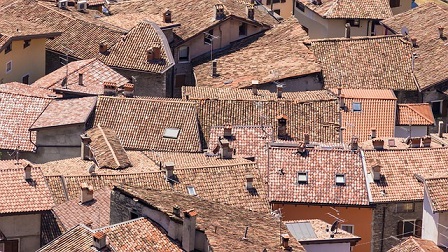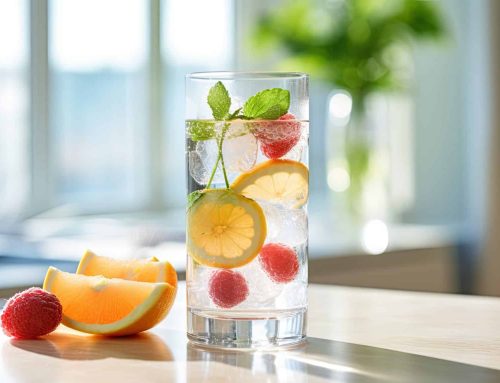 Whether you are living on or off-grid, it is important that we all save water both from a resource- and energy-savings standpoint.
Whether you are living on or off-grid, it is important that we all save water both from a resource- and energy-savings standpoint.
By changing the way we use water, the average household could save a minimum of 30% on annual water expenses. When individual households use water more efficiently it benefits everyone; the savings on water bills drop, there is less wear and tear on equipment, and there will be less need for establishing new water-supply infrastructure and wastewater treatment facilities.
How to Make Your Home Water-Smart
Making your home water-smart does not take much, and is not expensive. In fact, there are a few simple ways in which this can be done:
- Find & Fix Leaks: According to various studies, around 10% of water use can be due to leaks, and checking all your pipes, taps and toilets for leaks and fixing any you find can sort this problem very quickly.
- Go Low-Flow: Low-flow taps use sensors and aerators to reduce water consumption. Touch-taps allow users to control the flow and operation of water and any money spent will be quickly recovered on savings on your water bills. Showerheads with a flow rate of less than 2.5 gpm can also save a great deal of water; try an aerating showerhead or a laminar-flow one.
- Laundry: After toilets, washing clothes consumes the most water, especially older top-loading ones; investing in a new washing machine with a high modified energy factor (MEF) and a low water factor (WF) will result in excellent savings.
- Outdoor Savings: Around 30% of your household water use occurs outside the home, and by using an efficient irrigation system or watering by hand, one can save around 15%. Avoid sprinklers and overhead watering systems as they are wasteful.
- Toilets: Toilets account for about 25% of the daily indoor water use. Modern water-smart dual-flush toilets let you select how much water to use per flush, so that your toilet does not use unnecessary water. Composting toilets are great for those living off-grid, as they are the most water-efficient of all, since they use no water and contents can be emptied into a separate, outdoor composting bin or buried around vegetation.
Rent water coolers and purchase water coolers from Living-Water. Get free water cooler trial or water needs assessment in London.





